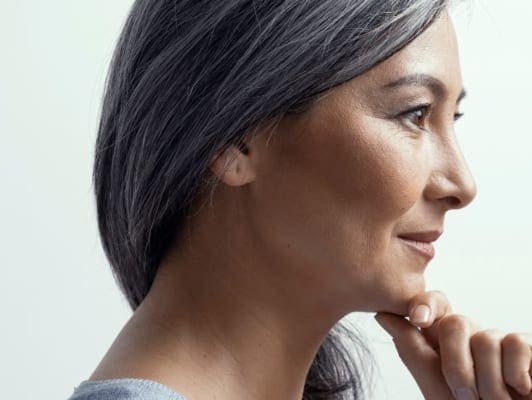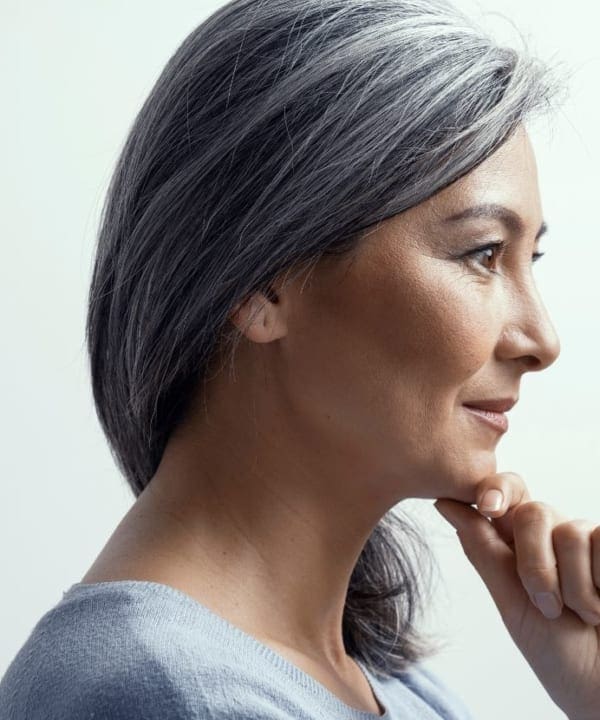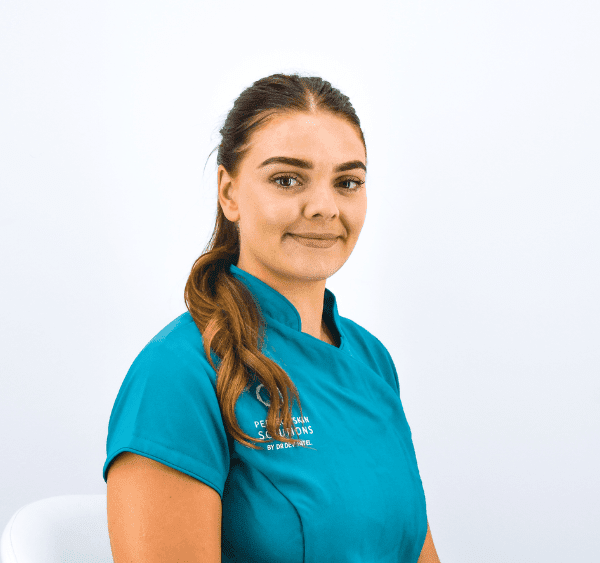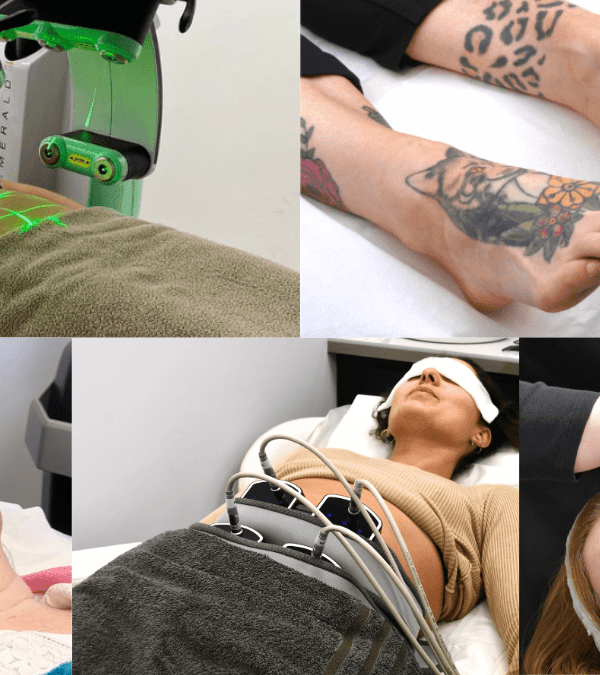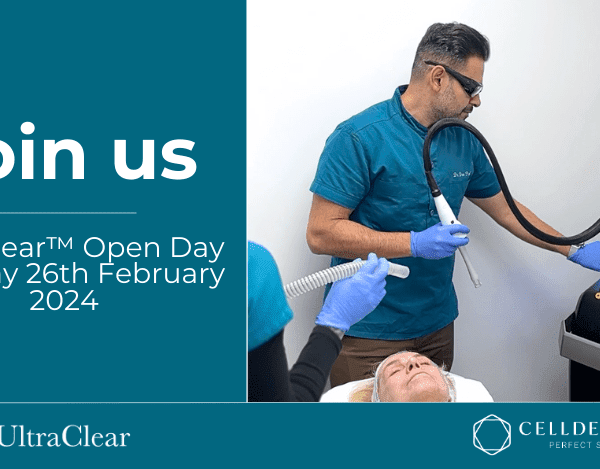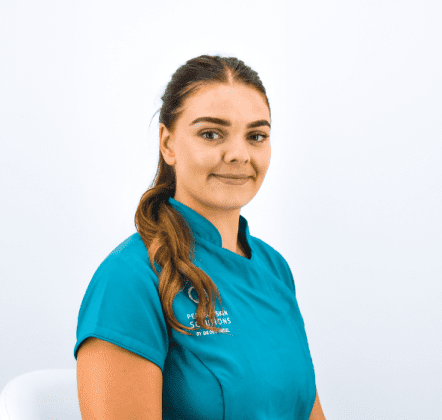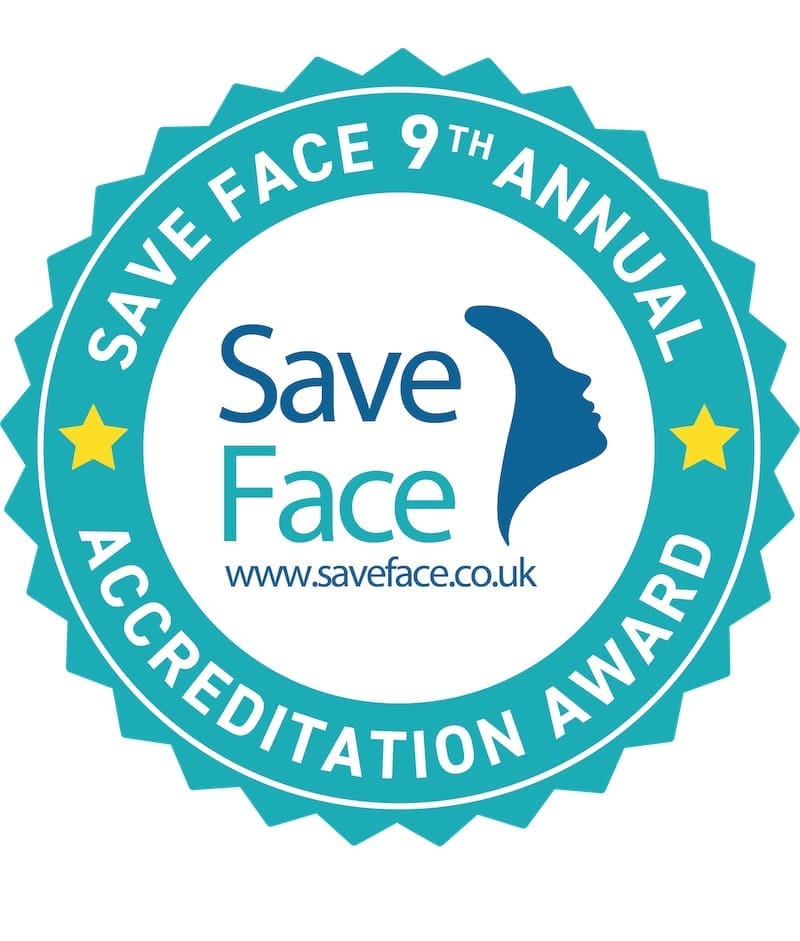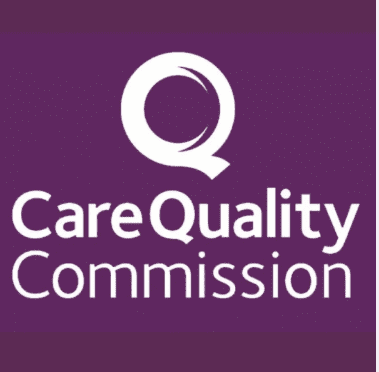What is World Menopause Day?
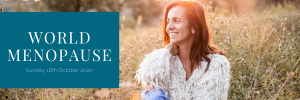
World Menopause day was launched in 2009 to raise awareness of menopause and the support options available for improving Women’s Health and wellbeing. Menopause is a regular part of female ageing, however, sadly it remains a taboo subject.
Menopause means the last menstrual period. Periods stop because the ovaries produce less oestrogen and progesterone and therefore do not stimulate the lining of the womb (endometrium) as in a normal menstrual cycle. Hormone levels can fluctuate for several years before eventually becoming so low that the endometrium stays thin and periods stop, however they can stop suddenly.
This is a natural part of ageing that usually occurs in women between 45 and 55 years of age, as their oestrogen levels decline. In the UK, the average age for a woman to reach the menopause is approximately 51 years. There are several stages associated with the menopause and this may be referred to as ‘going through the change’.
Approximately 1 in 100 women will experience the menopause before the age of 40 and this is referred to as premature menopause. If this occurs between the age of 40 and 45 years this is referred to as early menopause.
The next phase can be the perimenopausal stage. This is from the beginning of the woman experiencing menopausal symptoms to the postmenopausal stage when periods have stopped.
Postmenopause is the time following the last period and is usually defined as more than 12 months with no periods in someone with intact ovaries, or immediately following surgery if the ovaries have been removed.
Menopausal symptoms can begin months or even years before a woman’s periods stop and last around 4 years after your last period, however, some women experience them for much longer. Most women will experience menopausal symptoms and some of these can be quite severe and have a significant impact on life, psychological wellbeing and everyday activities.
Menopausal symptoms affect 70% of women and the most common ones include:
- Hot flushes
- Night sweats
- Vaginal dryness and discomfort during sex
- Joint aches/pains
- Difficulty sleeping · low mood or anxiety
- Palpitations · reduced sex drive (libido)
- Problems with memory and concentration
Later stages can include:
- Frequency in passing urine
- Discomfort when passing urine
- Urine infections
- Leakage of urine
- Skin itching
- Hair thinning
Lifestyle factors such as reducing/stopping smoking, alcohol and caffeine intake, reducing stress, eating healthily, and taking regular exercise can considerably help the symptoms of menopause.

For others, Hormone Replacement Therapy (HRT) can be of great benefit, and indeed menopausal symptom control is the main indication for using HRT. If HRT is taken for symptom relief only, a trial period of stopping HRT is recommended every 2 years or so to assess whether treatment is still required. If, on stopping HRT, it is found that menopause symptoms recur then treatment can be restarted if it is felt that the benefits outweigh the risks.
Alternative therapies may also be considered for menopausal symptom control. HRT may not be medically advised or well-tolerated, and some women prefer a more natural approach to managing their symptoms. Natural treatments are not without risks and there is limited information on the effectiveness of some preparations.
Vaginal and bladder symptoms are common and can cause embarrassment and distress. Women are frequently too embarrassed to discuss such personal problems. Effective treatments are available, and for vaginal dryness non-hormonal vaginal moisturisers may be used. Lack of oestrogen causes bladder and vaginal symptoms and this can be treated with local vaginal oestrogen in the form of a tablet, cream, pessary or ring. Low dose vaginal oestrogen can be used when systemic oestrogen is inappropriate and can be continued in the long-term without any known adverse effects. Vaginal oestrogen may also be required in addition to systemic HRT as in some women systemic HRT, although helping symptoms such as flushes, may not be sufficient to help vaginal symptoms.
An alternative to local vaginal oestrogen can be the use of Votiva, a radio frequency treatment which is applied directly to the vaginal wall. The treatment increases vascularity in the vaginal tissues and stimulates the production of collagen. This in turn reduces vaginal dryness, improves sensitivity and muscle tone. This treatment is not yet available in NHS clinics.
Written by: Jan, Registered Nurse
Further information can be found at:
https://www.menopausematters.co.uk/


















